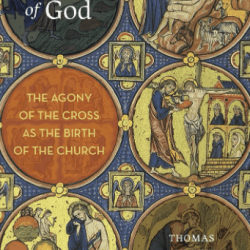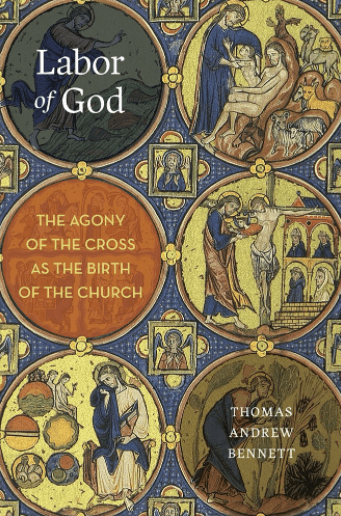In the deepest and earliest Christian creed, what can be called the gospel creed, here’s how atonement is expressed:
For I handed on to you as of first importance what I in turn had received: that Christ died for our sins in accordance with the scriptures, and that he was buried, and that he was raised on the third day in accordance with the scriptures, and that he appeared to Cephas, then to the twelve (1 Cor 15:3-5).
In the Nicene Creed, some three hundred years later and with miles of developments between the two creedal statements, here’s the atonement lines:
For us and for our salvation
he came down from heaven:
by the power of the Holy Spirit
he became incarnate from the Virgin Mary,
and was made man.
For our sake he was crucified under Pontius Pilate;
he suffered death and was buried.
Put in other terms, the mechanics of atonement were not part of the creed. Yet, redemption is at the core of our faith, so much so that world religions writers call Christianity the religion of salvation. In Ronald Heine’s book, Classical Christian Doctrine, we get a brief sketch of early Christian theology of the atonement. In history there has been three major views, he says: subjective (Abelard), satisfaction (Anselm), and cosmic or Christus Victor (early church).
The earliest understandings of the atonement were less emphatic on the individual and more emphatic on the cosmic, but the cosmic made provision for the individual (but emphasis here matters). Jesus comes to earth to do battle with the one who holds the cosmos captive, Satan, and Jesus conquers by binding the strong man and liberating his victims. If the subjective affects humans and the satisfaction theory God, this one affects Satan.
Irenaeus is the earliest theologian to discuss atonement. Jesus binds Satan and conquers death and brings life. But the theme is cosmic battle. Origen focused the battle on the cross, at which event Jesus surrenders his soul to Satan. Many early theologians saw Christ’s offer to Satan as a deception or trickery. The deceiver was deceived by the truthful one (Gregory of Nyssa and Augustine).
Many today are attracted to Christus Victor but in so doing they socialize the cosmic battle into systemic injustice while for the early theologians this was very much a spiritual battle. Is the attraction today a secularization of the Christus Victory theory? I say Yes. What say you?









